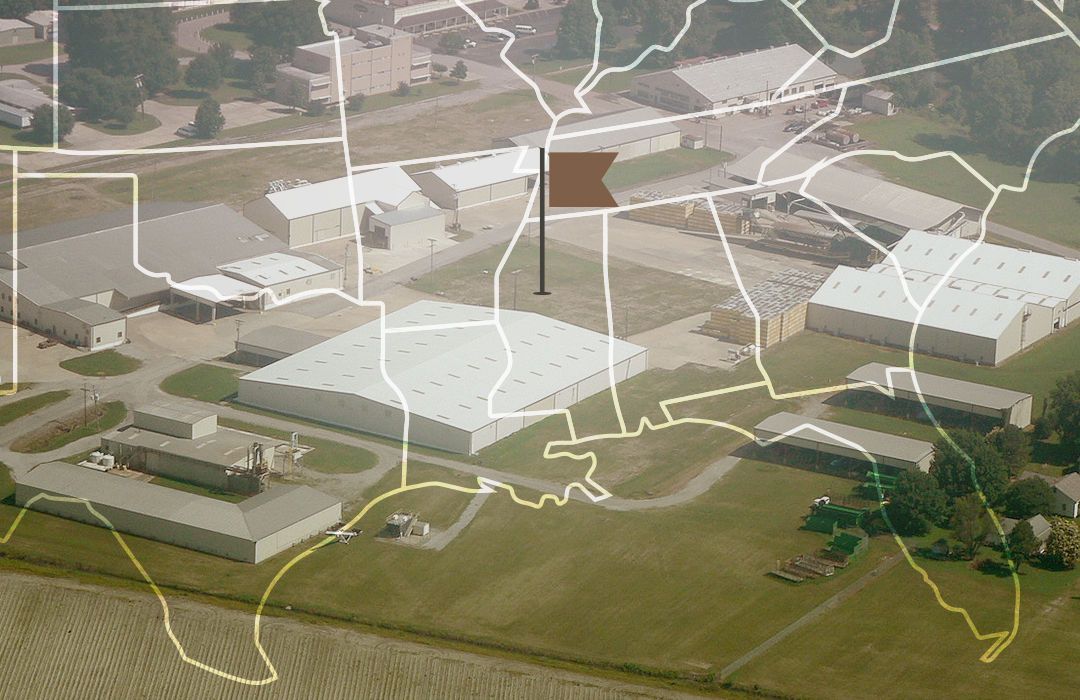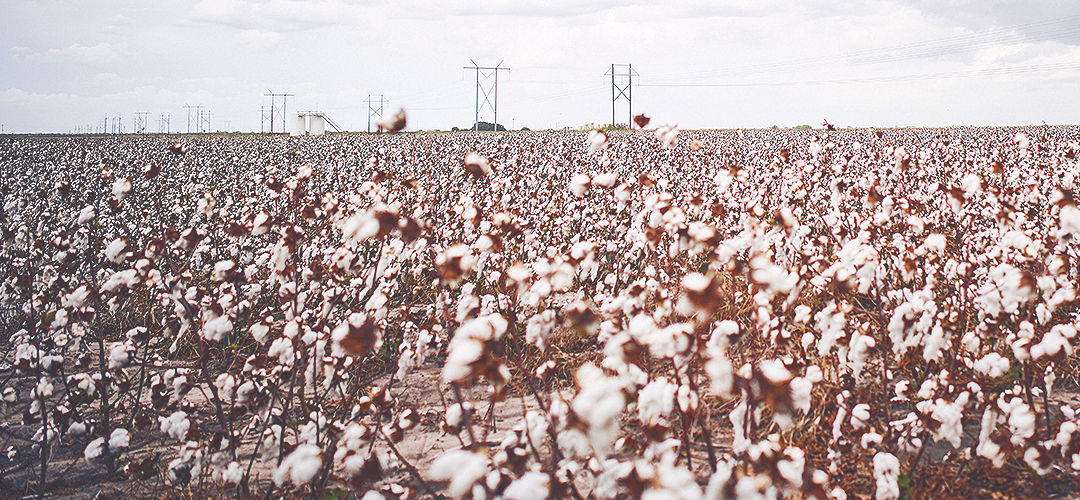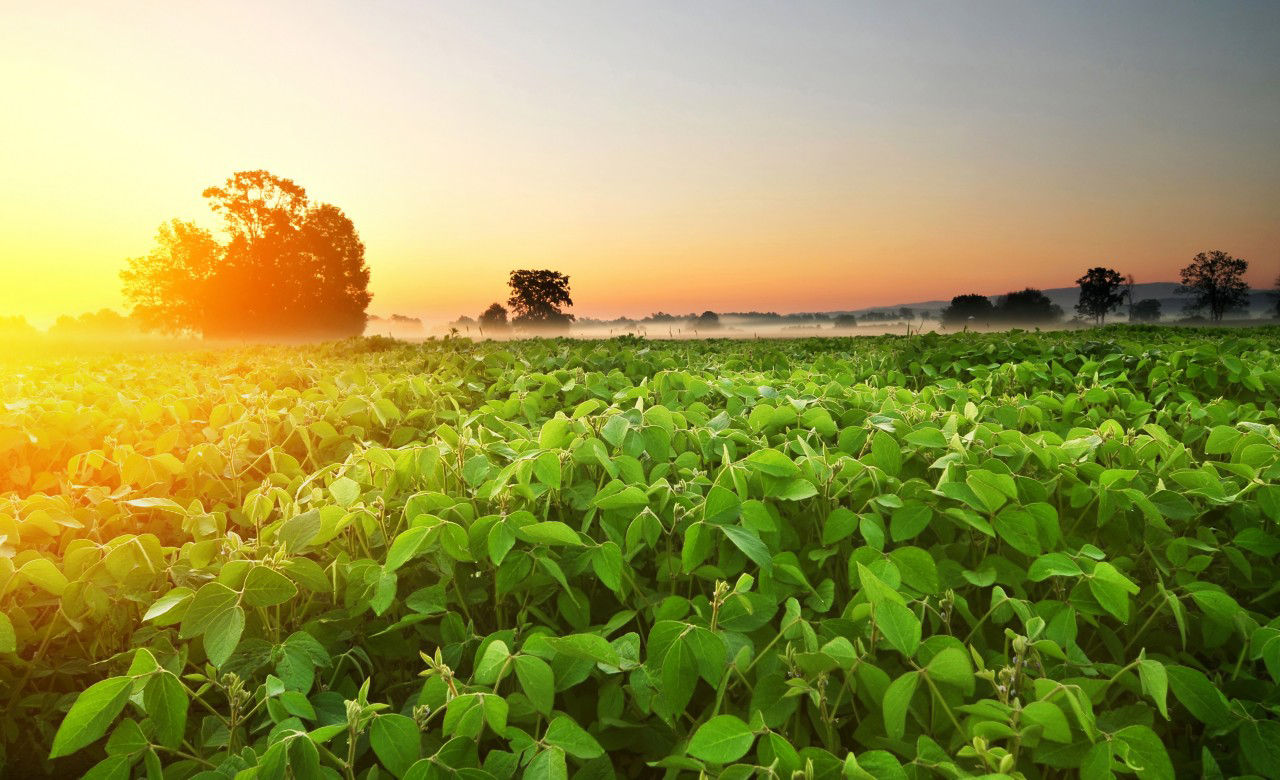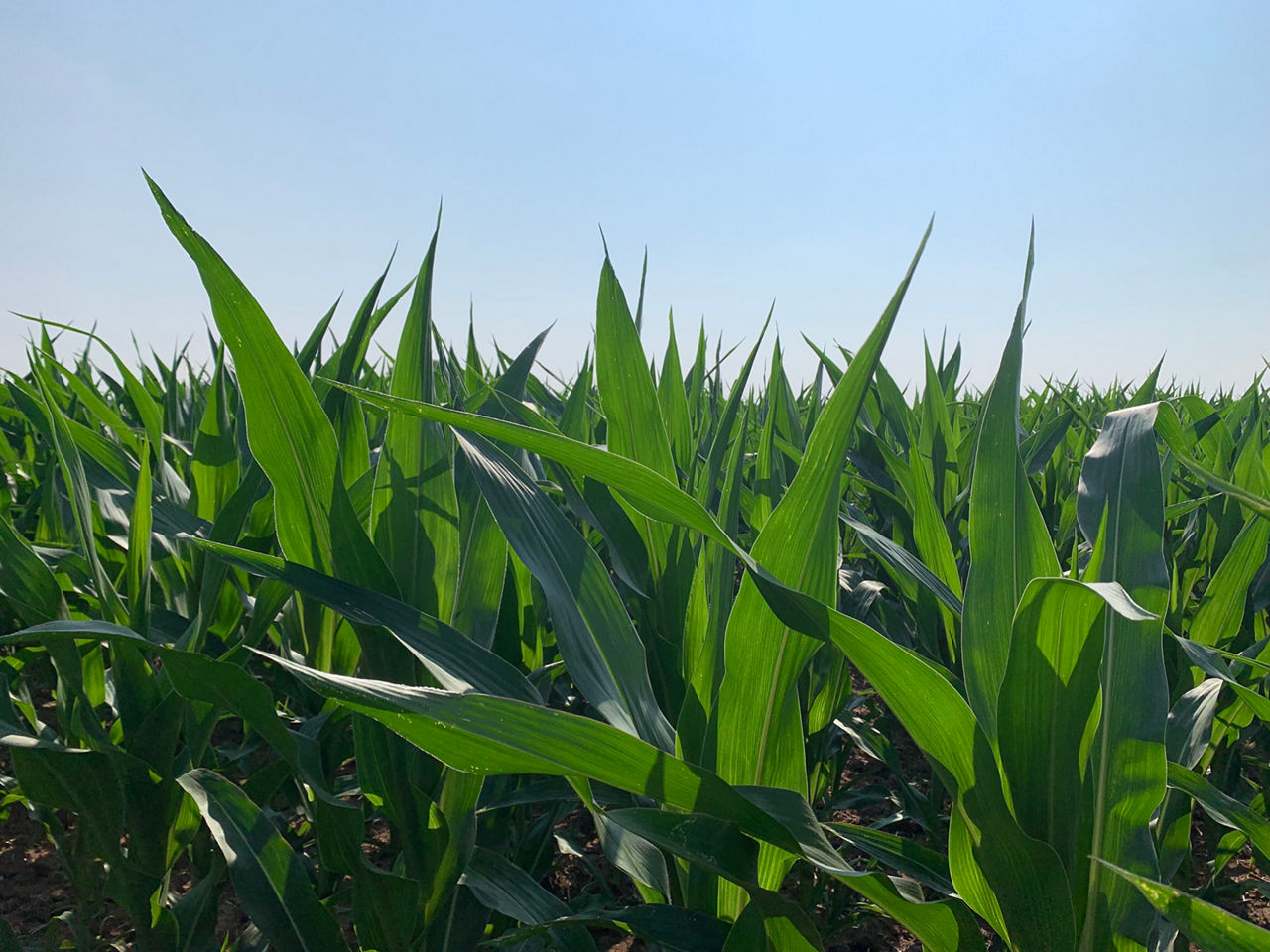7 MIN READ
Scott Learning Center Research Reports
April 24, 2024
Welcome to the Field Research Page for the Scott Learning Center in Scott, MS. This page summarizes the results from our field research program. The Scott Learning Center (SLC) targets its research on:
- Corn, cotton, and soybean for Southern U.S. crop production.
- Enabling Southern Farmers with Large Scale Research Plots
- Research encompassing Various Soil Types found throughout the South
- Demonstration of digital Ag through use of ClimateTM tools
Exploring cutting edge cotton technologies and best management practices

Each season the SLC conducts a grower directed research program on 400 acres of varying soil types in the heart of the Mississippi Delta. The purpose of this program is to provide growers across the south and southeastern US with answers to questions about basic agronomics as well as guidance on Bayer product placement. We look forward to grower input into the programs at the SLC and as always, please feel free to contact us with any suggestions for future research topics.

CLICK ON A TAB BELOW TO SEE DATA COLLECTED BY CROP
Cotton is a crop requiring significant in-season management inputs. To optimize performance of each variety planted, both growth habit and responses to plant growth regulators should be considered for each specific variety. Each year, the SLC conducts work evaluating varietal response to soil type, crop rotation, fertility management, planting populations and plant growth regulator applications. We have also begun to compile long term summaries of these studies to help define the response of broad groups of varieties to plant growth regulator applications.

Soybeans are the largest acreage crop supported from the SLC. For this reason, soybeans are planted into a wide variety of production systems which represent very diverse soil types, row configurations and planting dates. Also, many acres are evaluated for replanting each season. Work ranges from replanting simulations, planter error simulations, planting date studies and a wide range of variety evaluations across several soil types.

Evaluation of Asgrow® Brand Soybean Products on Different Soil Types in the Delta - 2022, 2021 and 2019
Southern corn production requires significant pre-plant planning. Each year, the SLC evaluates corn hybrid response to a variety of input decisions with the aim of helping to answer questions about southern corn production. Included is research that addresses corn hybrid population response, standability evaluations, planting depth studies and planting configuration comparisons.

Corn Hybrid Interactions with Planting Populations - 2023
Evaluations of Corn Planting Density and Planting Depth Across Seven DEKALB® Brand Products - 2019-2022
Evaluation of DEKALB® Brand Corn Products to Planting Rates - 2022
How do Twin Rows and Plant Population Impact Corn Yield Potential? - 2021
Response of DEKALB® Brand Roundup Ready® Corn 2 Products to Seeding Rate - 2020-2021
Yield Potential of DEKALB® Corn Products to Seeding Rate - 2018-2021
Seed Brands & Traits
Crop Protection
Disclaimer
Always read and follow pesticide label directions, insect resistance management requirements (where applicable), and grain marketing and all other stewardship practices.
©2024 Bayer Group. All rights reserved.